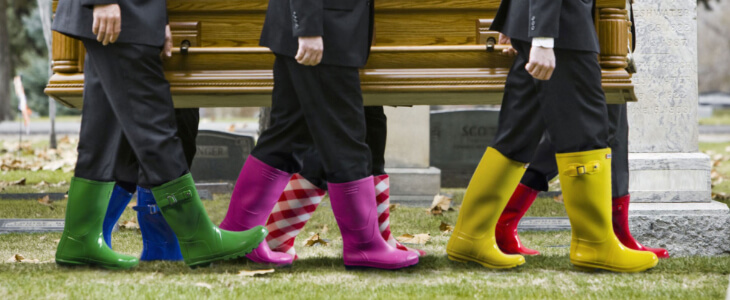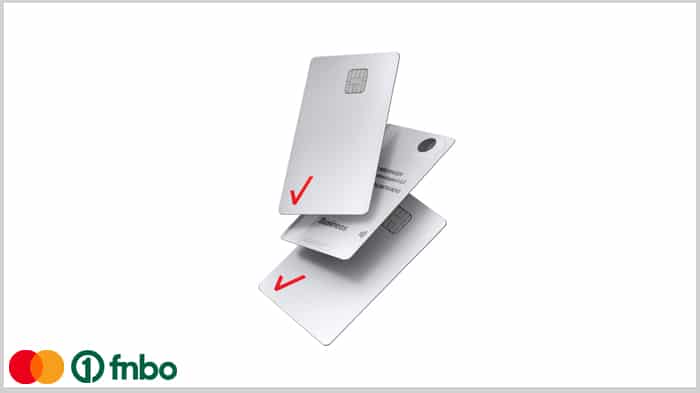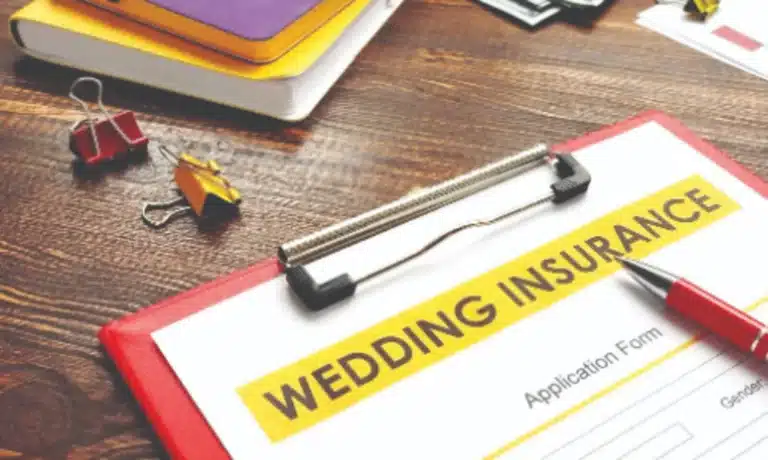Bereavement SunLife Services 2024
When someone dies, finding out what needs to be done can be overwhelming. This simple guide explains what you need to do first, and what to do in the weeks and months that follow.
Remember, you don’t have to do everything straight away. Once you’ve dealt with the most urgent tasks, give yourself some time. And don’t be afraid to reach out for support if you need it.
Tip: Coming to terms with your loss and having so much to do is challenging. Have a notebook to hand or keep notes on your phone to help you stay on track.
In this guide
This guide has been written to give support and explain what you need to do when someone dies. It has been created using government, charity and other reliable sources.
What to do straight after a death
Get a medical certificate
First, you’ll need to let your loved one’s GP and closest relatives know about the death. You can call 111 if you don’t know their GP’s phone number.
If your loved one died at home, their GP will issue a medical certificate. If they died in hospital, the hospital will issue it.
Once you have the medical certificate, you’ll need to arrange for a funeral director near you to collect the body.
Tip: Did your loved one have a will or funeral plan in place? If so, they may have specified a funeral director, so it’s best to check beforehand.
If the death is unexpected
If the death happens abroad
Register the death
Once you have the medical certificate, you can register the death with the government.
In England, Wales and Northern Ireland, you’ll need to do this within five days of the death. In Scotland you have eight days.
You can download our registering a death checklist to help you get things sorted.
Book an appointment at the registry office
To register the death, you’ll need to book an appointment at your loved one’s nearest registry office. You can find their contact details below:
Collect the relevant documents and information
When you go to the appointment at the registry office, take the medical certificate with you.
You’ll need your loved one’s full name, date of birth, address and job information (plus their spouse’s full name, date of birth and job information, if applicable).
And, if you have them, you should also take their:
- Birth certificate
- National Insurance number
- Marriage or civil partnership certificate
- NHS card/number
- A house bill for proof of address
- Driving licence
- Passport
At the registry office
During your appointment, the registry office will give you:
- The death certificate, or registration of death
- The green certificate, which gives permission for a burial, or for a cremation application
- A form to send to the Department for Work and Pensions (DWP) so they can deal with your loved one’s pension or benefits
- Information on any bereavement benefits you may be eligible for
Tip: Registering the death is free, but for a small fee the registry office can make copies of the death certificate for you, which could be useful later on. It’s best to ask for three or four copies.
Tell people about the death
Who to tell first
Telling people about the death of your loved one can be difficult. You can download our who to inform checklist to help you keep track of who’s been told.
As we’ve just run through, you’ll need to immediately tell your loved one’s GP, their local registry office and a funeral director about the death.
You’ll also need to tell:
- Medical carers (remember to cancel any medical appointments, too)
- Any care agencies, such as social services
- Their employer or place of education
Tip: It’s a good idea to tell your own employer about the death, especially if you need to take leave to grieve or settle your loved one’s estate.
Who to tell next
Once you’ve let these people know, give yourself some time before moving on to the next task.
It might be you move onto this step while you’re arranging the funeral, or leave it until afterwards.
Below, we’ve listed the people and organisations you’ll need to tell in the weeks following the death.
Government departments
Financial organisations
Property and bills
Who can wait
There may be lots of people and organisations who’ll need to know about the death. But you don’t have to tell them all right away.
Once you’ve got the most important ones sorted, you can cancel any remaining payments, memberships and accounts over the following weeks.
Memberships and regular payments
Services and acquaintances
Online accounts and social media
Postal services
You can redirect your loved ones post by contacting Royal Mail, the Bereavement Register and the Mailing Preference Service.
Arrange the funeral
Arranging a funeral can be challenging at such an emotional time. But it can also be a great way to say goodbye to your loved one.
Below is a run-through of what you may need to do when arranging the funeral. We also have lots of funeral articles to help you, including a guide on how to plan a funeral step by step.
You can also download our arranging the funeral checklist to help you keep things organised.
Tip: If possible, get family and friends to help you plan the funeral. Their support can make things much less overwhelming.
Did your loved ones leave instructions?
Decide if you need a funeral director
Paying for the funeral
There are a few different ways to pay for a funeral:
- A funeral plan or funeral cover policy (or make a claim here)
- The money claimed from a life insurance policy, such as over 50s life insurance
- Money from your loved one’s estate – their savings, or cash from an equity release plan
- Your own funds
- A relative or friend’s money
If your loved one didn’t have any money put aside, or if their provisions aren’t enough for the whole funeral, you may find yourself having to cover some or all of the cost.
Don’t worry – if you find yourself in this situation, there are ways to get financial help. We’ve listed some of them below.
SunLife claims: If your loved one had a SunLife Guaranteed Over 50 Plan or SunLife Guaranteed Funeral Plan, call free on 0800 008 6060 to start your claim. Lines are open Monday to Friday, 8am to 8pm.
Getting help with funeral costs
Settle the estate
Trying to settle your loved one’s estate can be overwhelming. To help, we’ve made this printable estate administration and probate checklist, so you can tick things off when they’re done.
Find the will
If your loved one had a will, it could be stored for safekeeping in a variety of places, including:
- Their home
- With their solicitor
- At a bank
- With the Probate Registry.
If there’s a will and you’re named as the executor, you’ll need to settle the estate. If someone else is named as the executor, let them know as soon as possible.
If there’s no will, your loved one’s next of kin will need to apply to the court to act as the administrator. The law decides who will inherit the estate, according to the rules of intestacy. You can find out more about intestacy in our article on dying without a will.
Do you need a solicitor?
Managing your loved one’s estate can be time consuming, but isn’t always complicated. You might choose to do it yourself.
A solicitor can be a big help if:
- The estate is ‘insolvent’ (there isn’t enough money to clear any debts)
- Your loved one’s affairs are complex (e.g. business, agricultural property or overseas)
- There are family trusts or large gifts to children under 18
- Family relationships are complicated
- There are disputes over the distribution of the estate
- The will is unclear or badly written
- You don’t have the expertise or time to manage the whole process yourself
If this is the case, find a solicitor near you.
Tip: Legal fees can be paid for out of the estate. To keep costs down, you could do much of the administration yourself and only get legal advice at critical points in the process.
Do you need to apply for probate?
Probate is the process of managing someone’s estate after they’ve died, including their money, property and possessions.
If there’s a will
If there’s no will
When don’t you need probate?
How to get a Grant of Probate or Letters of Administration
There are a few ways you can apply:
- A solicitor can apply on your behalf.
- You can download the forms on the government website.
- Or you can call the Probate and Inheritance Tax helpline on 0300 123 1072.
Managing the estate
Once the Grant of Probate or Letters of Administration has been issued, you’ll need to:
- Value the estate – First, send a copy of the Grant of Probate/Letter of Administration to organisations that hold your loved one’s assets (e.g. their bank) so they can be transferred. Then you’ll have to collect their assets and value any ‘gifts’ that your loved one gave away. The government website has a helpful guide for valuing estates.
- Pay off any Inheritance Tax (IHT).
- Pay off any bills and debts your loved one had – There is a defined order of importance for debts that you’ll need to stick to.
- Repay overpayments – For a short time after someone dies, money such as pensions and benefits may continue to be paid to their accounts. You’ll need to make sure these are repaid.
- Recover any payments owed to your loved one.
- Prepare the estate account – This is a record of what came in, what was paid out and what happened to the rest.
- Distribute the estate to the people entitled to it – This will include any money, property or possessions your loved one left behind.

Checklists
Too much to take in?
Download these handy checklists to remind you of what you need to do:
- Registering a death checklist
- Who to inform checklist
- Arranging the funeral checklist
- Estate administration and probate checklist
Extra resources and support
It’s completely normal to feel like you need help and support when a loved one has died.
There are lots of charities and organisations who can help you – both with the practical side of things, and the emotional side.
Our article on how to get free bereavement support also has a list of useful resources.
Bereavement counselling – Ask your GP to refer you for bereavement counselling in your area. It lets you explore your feelings with someone who’s objective and not emotionally attached.
Support groups – Sometimes it helps to discuss what you’re going through face to face with others in a similar situation. Cruse Bereavement Support can help you find a group in your area.
Where to find specialist support
Bereavement UK – Bereavement advice and self-help counselling
Cruse Bereavement Support or Cruse Bereavement Support Scotland – Support, counselling, education, advice and information
Samaritans – Talk to someone in confidence 24/7 by calling 116 123
The Compassionate Friends – Parents who have been bereaved offer support to other bereaved parents and their families
Winston’s Wish – A childhood bereavement charity, offering support and guidance to bereaved children and families
Child Bereavement UK – Support for parents who have lost a child
The British Association for Counselling and Psychotherapy and the Counselling Directory – Find counsellors and therapists near you










